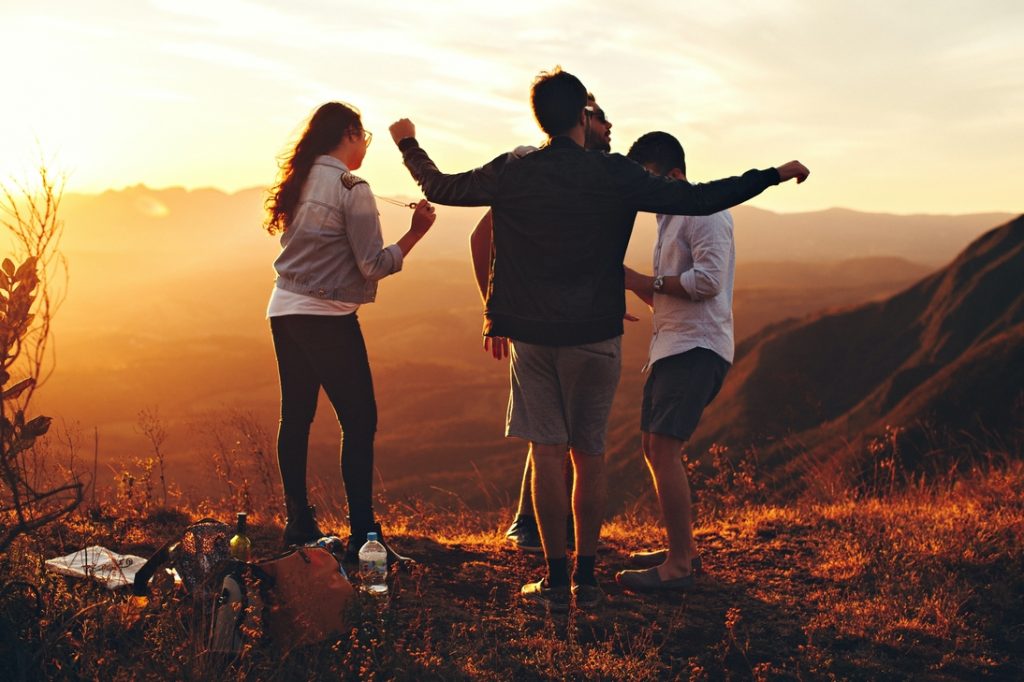There are many ways you can increase your personal happiness; including seeking joy and positive emotions, going outdoors, and meeting basic human goals. Below, we have created 6 pages each based on psychological research to help you on this journey. Each page contains descriptions of their research and helpful resources for you to try out yourself!

Positivity in Motion
Communicate your purpose and goals with a beautiful logo that encapsulates your business.

Own Your Life
Need a website? We’ve got you covered. Our design team will create a stunning design to transform your brand.

Creating Joy and Positivity
The Broaden and Build Theory of positive emotions was developed by psychologist Barbara Fredrickson. It suggests that positive emotions broaden individuals’ thought and action patterns and allow them to easily adapt to changing situations. In addition, individuals develop skills and resources that build off one another in a positive, upward direction. Fredrickson encourages individuals to generate positive emotions through regularly engaging in acts of gratitude and kindness, as well as spending time with loved ones and in nature, and practicing self-care.

Connecting to Nature
Connecting to nature’s benefits to the self are outlined by three major theories in psychology: the Biophilia Hypothesis, Stress Reduction Theory, and Attention Restoration Theory. The Biophilia Hypothesis, first outlined by Edward Wilson, outlines the importance of human connection with nature and other lifeforms which stems from an ancestral reliance on nature and its resources. Roger Ulrich proposed Stress Reduction Theory as a way to explain the decreased negative emotions, increased positive emotions, and overall lowered levels of stress we experience in nature. Kaplan and Kaplan developed Attention Restoration Theory to explain the mental restoration we experience while in nature. Combined, these three theories explain why nature can help us to increase our happiness and restore our minds.

Find Your Flow
The Flow Theory was developed by psychologist Mihaly Csikszentmihalyi in his efforts to describe that feeling you get when you are doing something and time just slips away. He defines it as a psychological state in which you feel your brain is being challenged, you are motivated to keep going, and overall, happy. To find your flow you first find something that interests you, make sure your skills are up to the task, make sure the task is up to your skills, and go!

